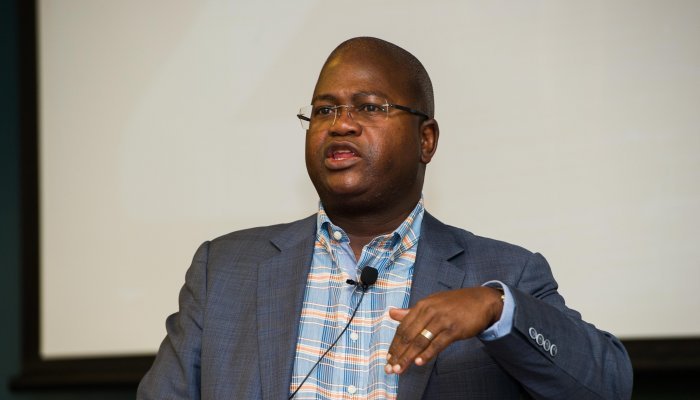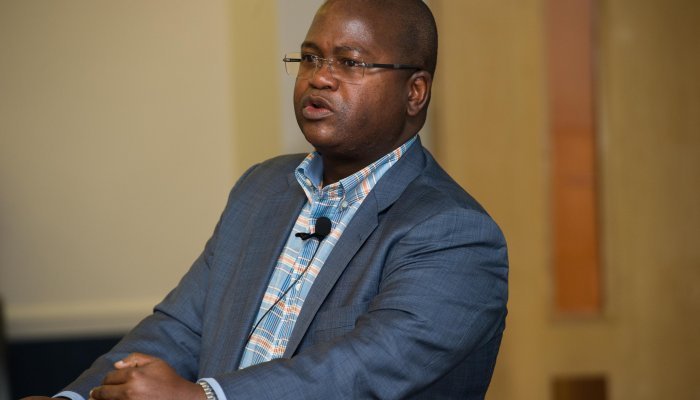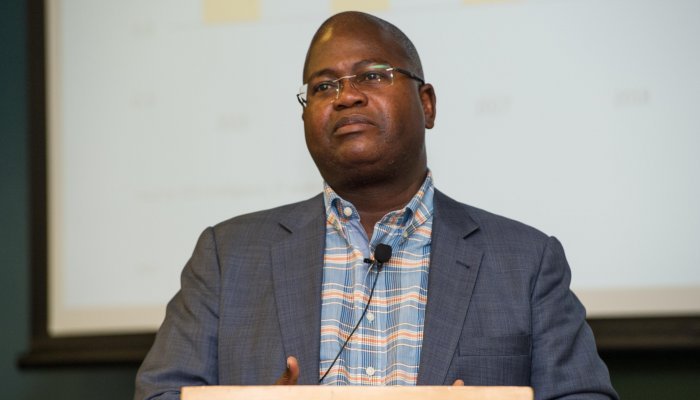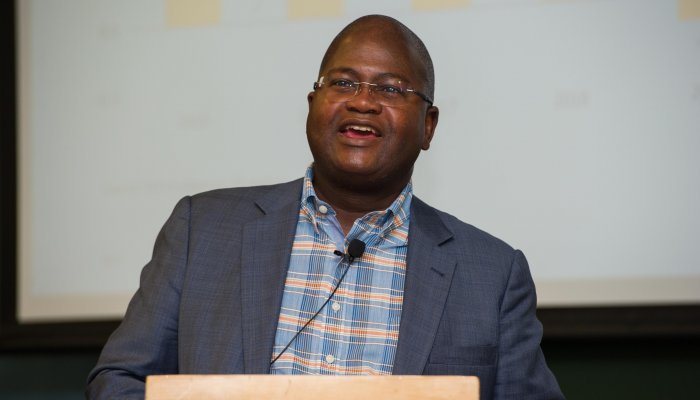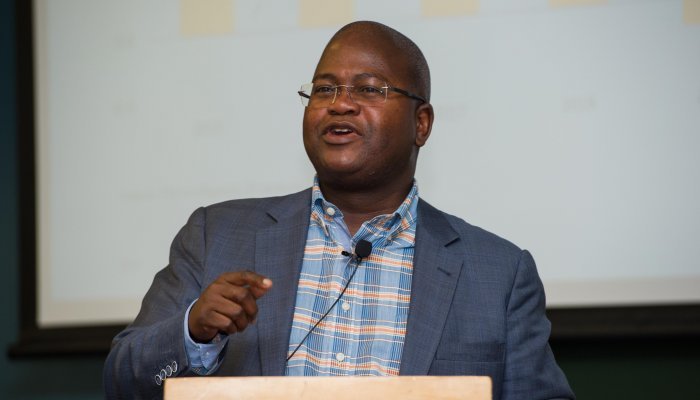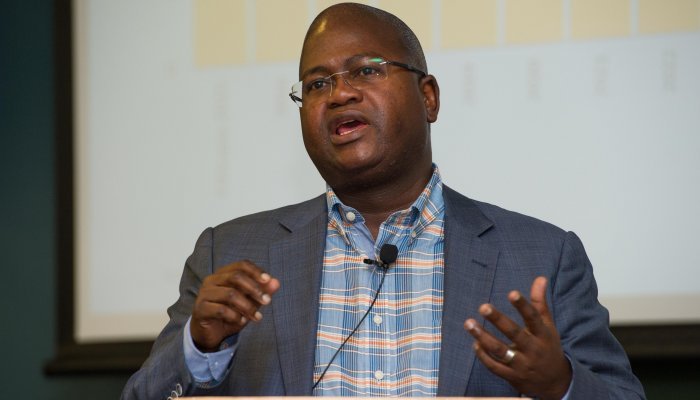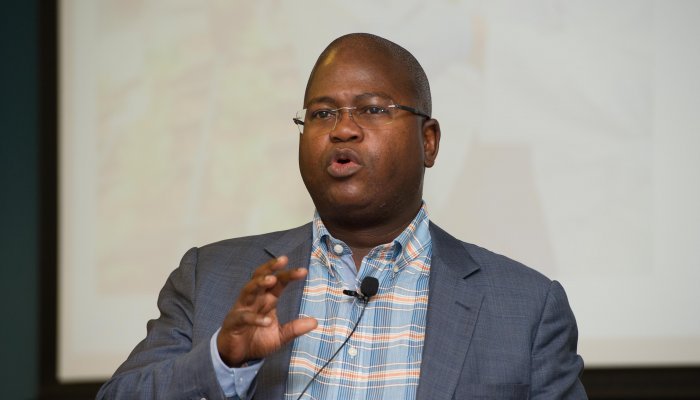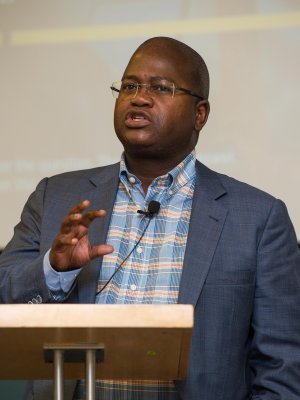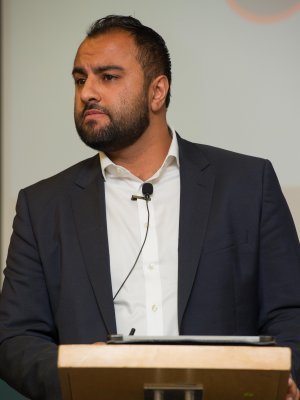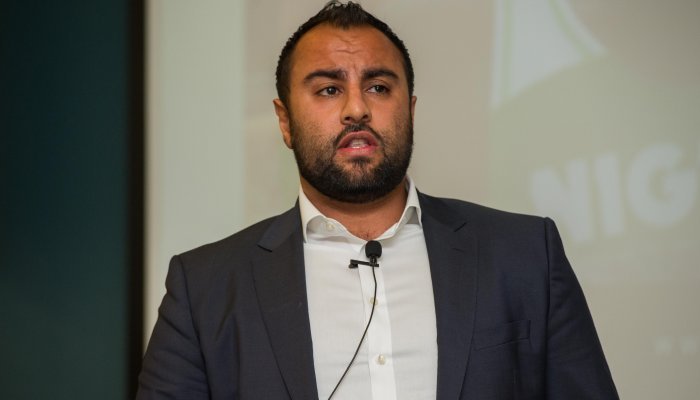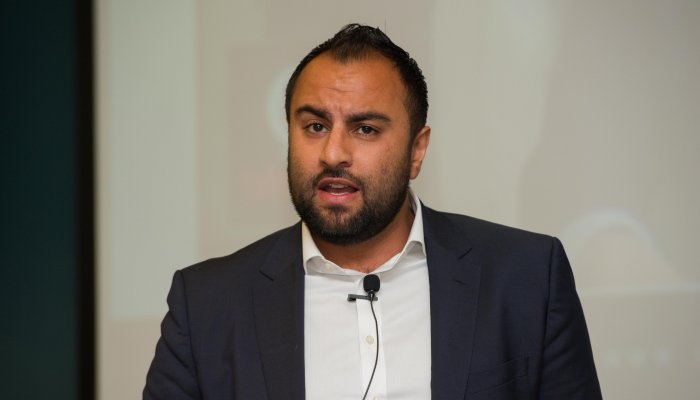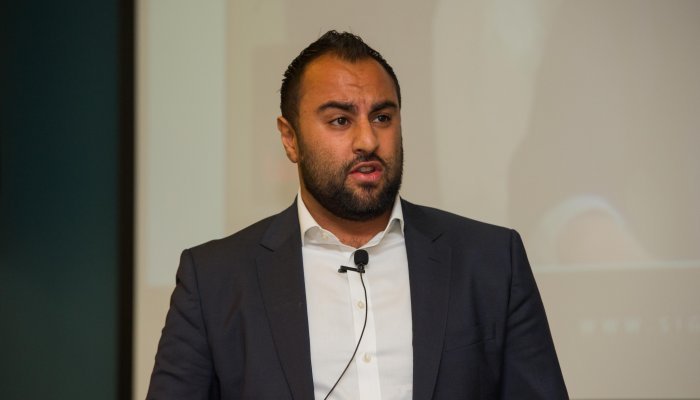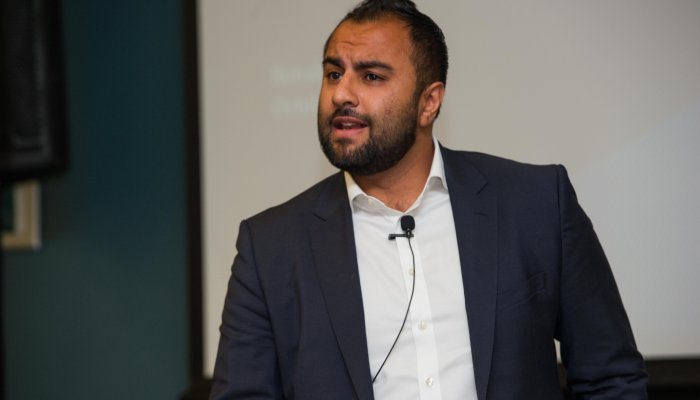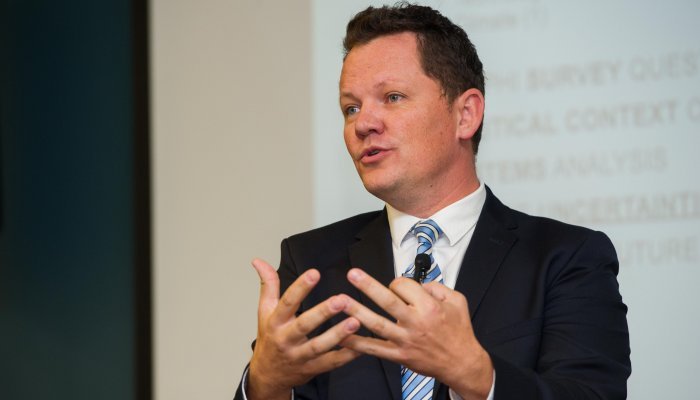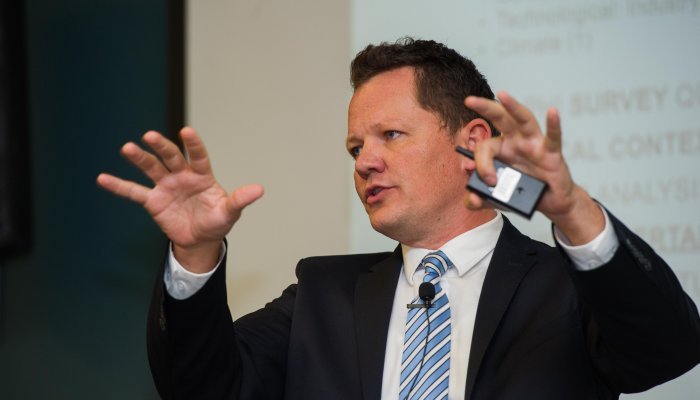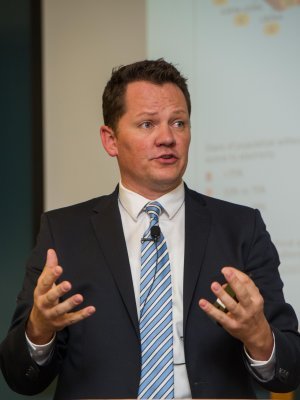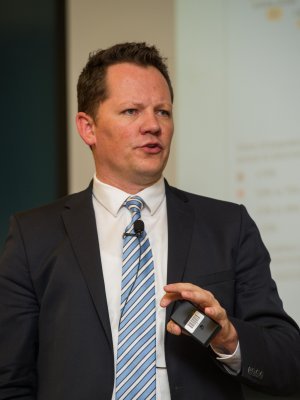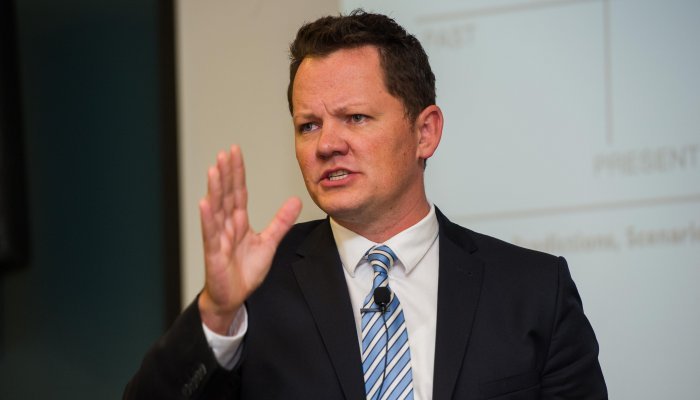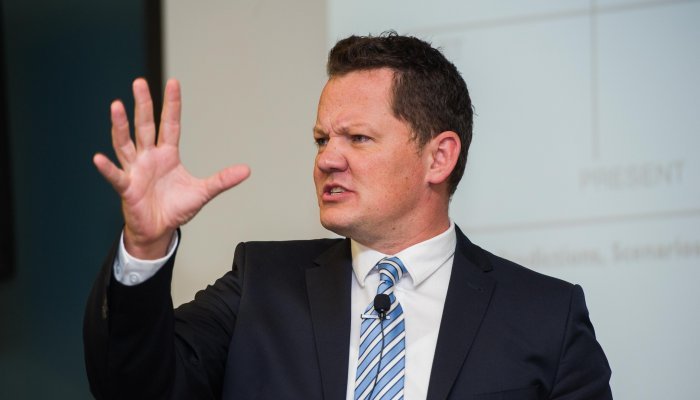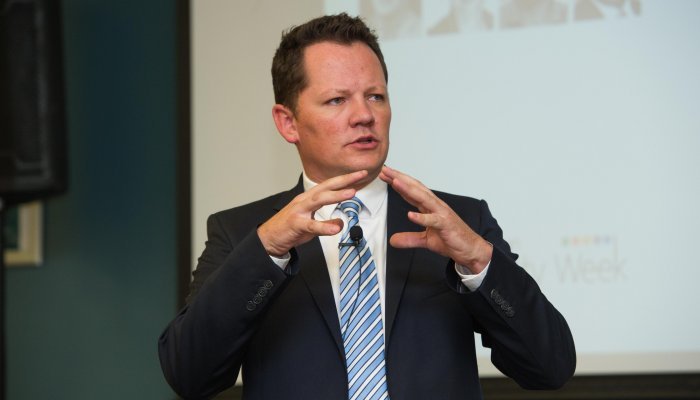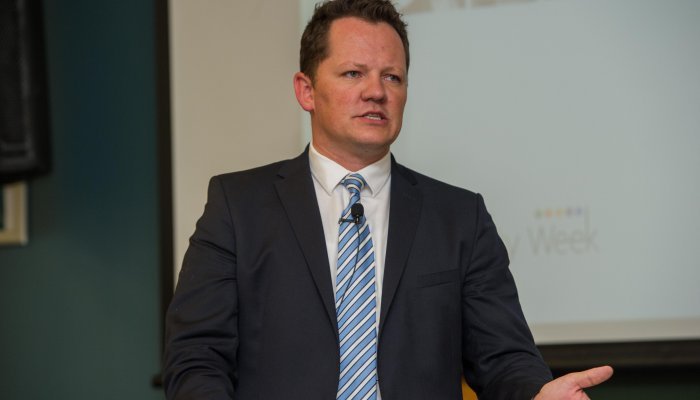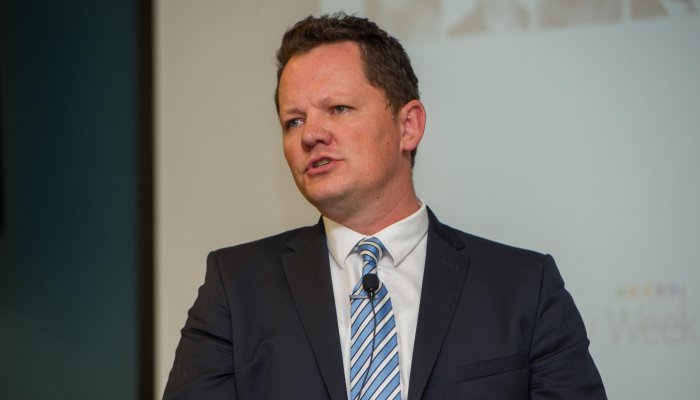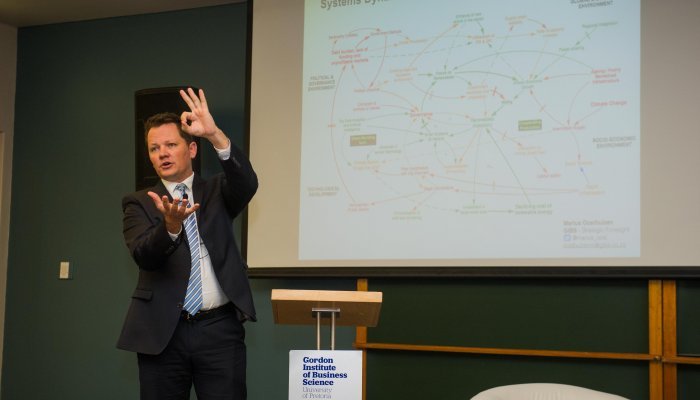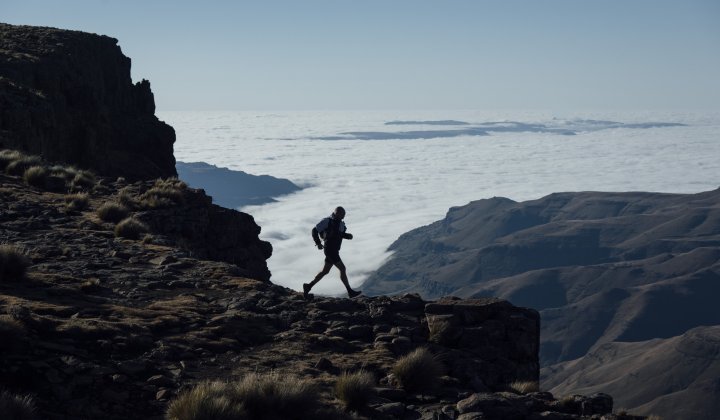The new year brings expectations of higher continental growth driven by a clutch of well-performing countries driving bold reform programmes, improving governance and building infrastructure.
In 2019, Africa was home to 10 of the fastest-growing economies in the world. Ethiopia, Cote d’Ivoire, Ghana, Rwanda, Egypt, Tanzania and Senegal are leading the charge with growth rates of between 7 and 10%. This is expected to continue in 2020 as economic reforms mature and new infrastructure, energy and other initiatives come onstream.
Africa’s most sophisticated economy, South Africa, is bogged down by politics and populism...
But the downside is that while Africa’s biggest economies may still be attracting the lion’s share of foreign direct investment inflows, they are also dragging down the broader growth story. The World Bank reckons that growth in Sub-Saharan Africa is projected to rise slightly from 2.5% in 2018 to 2.6% in 2019, rising to 3.1% in 2020 and 3.2% in 2021.
Big and slow
While this is a positive trajectory, it also maintains that stripping out South Africa, Nigeria and Angola, which account for 60% of output in Sub-Saharan Africa, would push overall growth to a robust 4-5% in 2020-2021.
Africa’s most sophisticated economy, South Africa, is bogged down by politics and populism while its growth rate continues to slide. In October 2019, the World Bank lowered its 2020 growth expectation from 1.7% in April to just 1%, citing concerns about a widening current account deficit, rising debt and growing unemployment.
Nigeria is looking at 2% growth with its outlook constrained by a weak macroeconomic policy environment and slow policy implementation compounded by multiple exchange rates, high inflation and low non-oil revenues. Angola, expected to grow by just 0.7% in 2020, is still managing the effects of a prolonged recession on the back of the oil price crash of 2014. But broad growth statistics mask many positive trends and vibrant economic progress in many parts of the continent.
Investment patterns
The Innovation, Information and Acceleration Conference held at GIBS in late 2019, under the auspices of the Centre of African Management and Markets, looked at some of the potential drivers of Africa’s future growth.
Ernst & Young’s Sandile Hlophe reckons steady inflows of foreign direct investment continue to boost economic activity, focused mostly on services but also into industry and the expanding extractives sector. A large chunk of investment to Africa still originates from Western countries, Africa’s traditional investors, according to Hlophe, although this is becoming increasingly diversified, with inflows increasing from Asia and the Middle East.
Intra-African investment is also rising as regionalism deepens...
Intra-African investment is also rising as regionalism deepens, although many hurdles remain. One of these is bureaucracy and a lack of standardisation and harmonisation of requirements across borders. When it comes to trading across borders and paying taxes, businesses spend about 96 hours to comply with documentary requirements to import, versus 3.4 hours in OECD high-income economies, the World Bank maintains.
Let there be light
The World Bank Doing Business report 2019 says although Africa has had some of the top performers globally over the years, the pace of reforms is slowing, with South Africa, for example, only implementing one reform in 2019 and four over the past five years.
Getting electricity remains an issue, too. The World Bank says businesses on average need to pay more than 3100% of income per capita to connect to the grid, compared to just over 400% in the Middle East and North Africa or 272% in Europe and Central Asia. The new trend of energy decentralisation will help to address these challenges and bring many more of the 600 million people that are excluded from the grid in Africa into the energy net.
Marius Oosthuizen, director of the Future of Business Project at GIBS, says 75% of Africans still live in energy poverty, which creates uncertainties about the future. Fixing and extending grid power is a costly option, given under-investment and political interference in power utilities across Africa, but renewable energy options provide an exciting new frontier for African consumers.
The move to renewable energy is unstoppable across Africa, driven by a global pushback against climate change and by increasing access to funding. For example, African Development Bank president, Akinwumi Adesina, says the Bank has doubled its climate financing and pulled back from funding fossil fuel-based energy. The Bank has not funded a coal project in a decade.
“Coal is the past. Renewable energy is the future and we will be investing not in the past but in the future. We want Africa to take the lead in renewable energy and we are putting a lot of our resources into that,” he told the African Investment Forum in Sandton in October.
Decentralisation of energy is focused on localised, small and medium-scale solutions ranging from solar power-driven home solutions to smart grids and mini-hydropower systems.
Fintech
Advances in fintech are underpinning the growth of energy innovation, allowing suppliers to reach consumers in the furthest corners of the continent. Fintech will continue to disrupt the business and consumer environment in 2020, not only by facilitating new business models and opportunities but by challenging the traditional financial services sector in general to do things differently.
Quartz Africa, an online news service, says “Financial technology start-ups are the tech rave of the moment receiving more investment than other sectors in the past three years. By creating a raft of tech-based products and solutions, including mobile money, online payment processing, lending and investing, these start-ups are plugging large gaps that exist in local financial service industries.”
75% of Africans still live in energy poverty...
The opportunities presented by Africa’s dynamic tech space have been highlighted by the interest shown in the continent by some of the world’s top entrepreneurs in 2019. Jack Ma, co-founder of China’s online giant Alibaba, Facebook’s Mark Zuckerberg and Twitter’s Jack Dorsey, all paid visits to various African countries in 2019, helping to put the African tech opportunity on the map.
Dorsey claims he is coming back in 2020 to spend some time exploring potential opportunities, saying on Twitter “Africa is the future (especially the bitcoin one).”
Big cities
Rapid urbanisation, along with demographics, is both a threat and an opportunity. By 2030 – a decade away – it is expected six of the world’s 41 megacities will be African - Cairo, Lagos, Kinshasa, Johannesburg, Luanda and Dar es Salaam. New cities are also springing up in response to years of uncontrolled urban sprawl.
Municipal infrastructure and urban governance have not, to date, kept up with fast-paced urbanisation and this is a critical area of focus for 2020 and beyond. The African Development Bank is flagging municipal infrastructure as a critical area of investment going forward, helping to package deals in this regard. It also launched the Urban and Municipal Development Fund in 2019, a multi-donor trust fund that aims to scale up interventions in urban development.
Not-so-free trade
But the African Continental Free Trade Area (ACFTA) is likely to be the big talking point in 2020 and beyond, with trading set to begin under the agreement on 1 July 2020. With 54 countries signed up and nearly 30 having ratified the agreement, there is no turning back. Expectations are high that this will be a silver bullet for Africa’s development challenges. And while it certainly offers potential benefits for companies to scale up, this view also negates the existence of many intractable problems that have dogged the success of the existing regional free trade areas over the years.
An added challenge is a trend towards nationalism by governments fearing the impact of free trade on their underdeveloped economies in what is the most unequal free trade area in the world. The Protocol on the Free Movement of People has only been signed by a handful of countries and, increasingly, governments are curbing, rather than encouraging, the movement of skills, using work permits, local content and empowerment requirements to achieve this end.
The focus on entrepreneurship and start-ups, funded by companies, donors, and an increasing number of dedicated funds, suggests that the thorny issue of job creation is being addressed at one end of the market even while technology-driven disruption, commonly known as 4IR, is shedding jobs at the other end. Balancing this picture will be a key challenge in 2020.
Understanding the new trends in African development is not only key to attracting investment but also ensuring the policymakers keep up, ensuring effective and supportive frameworks are put in place to enable new paths to prosperity.
There are many wild cards that could upset the overall positive trajectory of 2020 and beyond. Ronak Gopaldas of Signal Risk flags the global environment as an ever-present risk for Africa. Speaking at the GIBS event, he said the quality of governance is another, given a growing propensity for “digital dictatorship” – governments closing the internet space in response to any challenge to their rule.
Climate change is another game-changer, with African countries unprepared to deal with the fallout of increasing drought and wild weather, which will be costly for development and people in the coming years.
And then there are those risks that are difficult to predict. But as the continent moves towards the African Union’s Agenda 2063, a continental blueprint for transforming Africa into a global powerhouse, it needs all stakeholders in government and the private sector to step up in order to give it the best chance of navigating these choppy waters.
Main trends 2020
· Highs and lows in the African growth story
· Fintech and 4IR: disruption gains traction
· Renewable energy starts to take centre stage
· D-day for African Continental Free Trade Area
· African Development Bank leads growth initiatives
· Urban governance to the fore as megacities mushroom
Main risks 2020
· Global environment – China, Brexit and US politics
· Oil price movements and commodity prices
· African governance and policymaking
· Impending debt crisis in 20+ countries
· Growing economic nationalism
· Slow growth in the biggest economies
· Unemployment, inequality and youth bulge
ACFTA: What does it mean?
· Largest free trade zone in the world
· 1.2 billion people with a GDP of about US$3 trillion (R42 trillion)
· 54 signed up; 28 ratifications by the end of 2019
· Potential to increase manufacturing from 10% of GDP
· Innovation in local currency trading systems
· Trading begins in July 2020
· Private sector needs education on benefits


